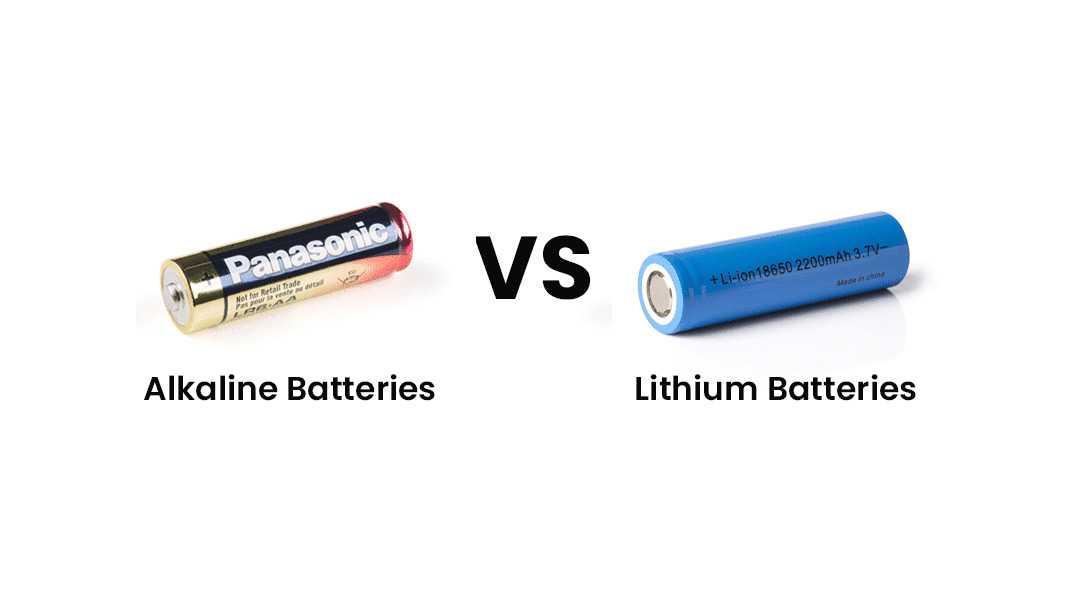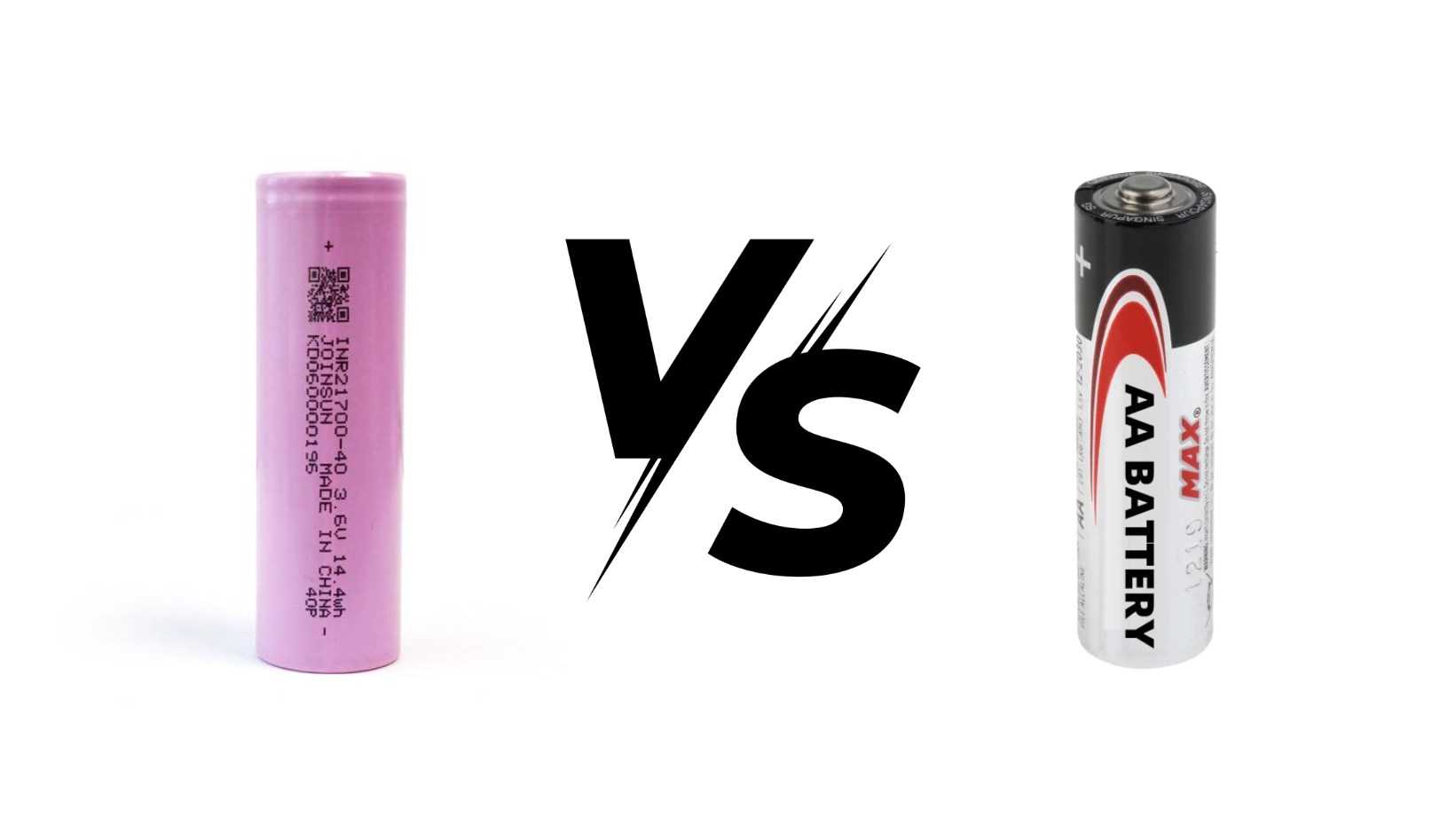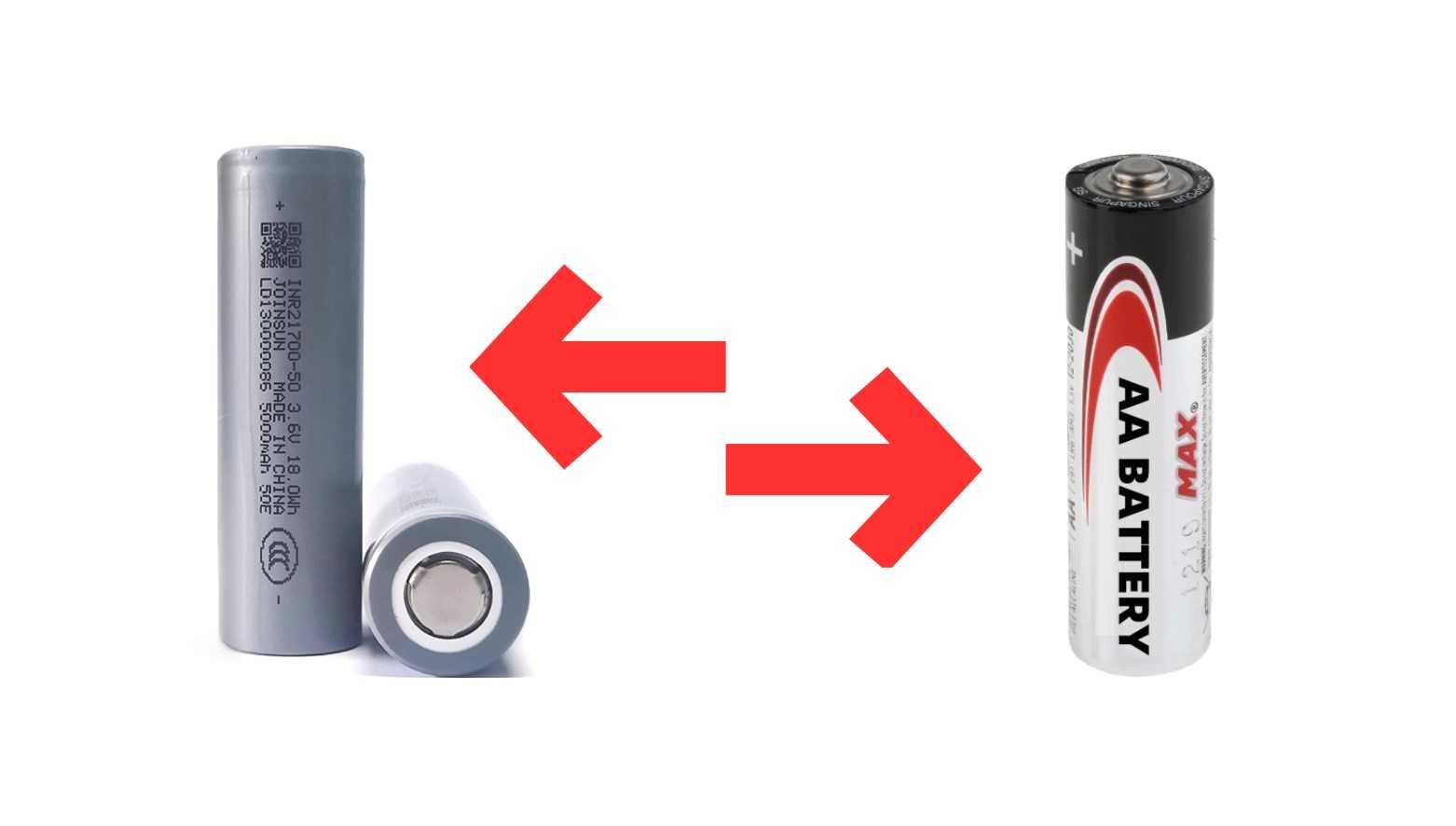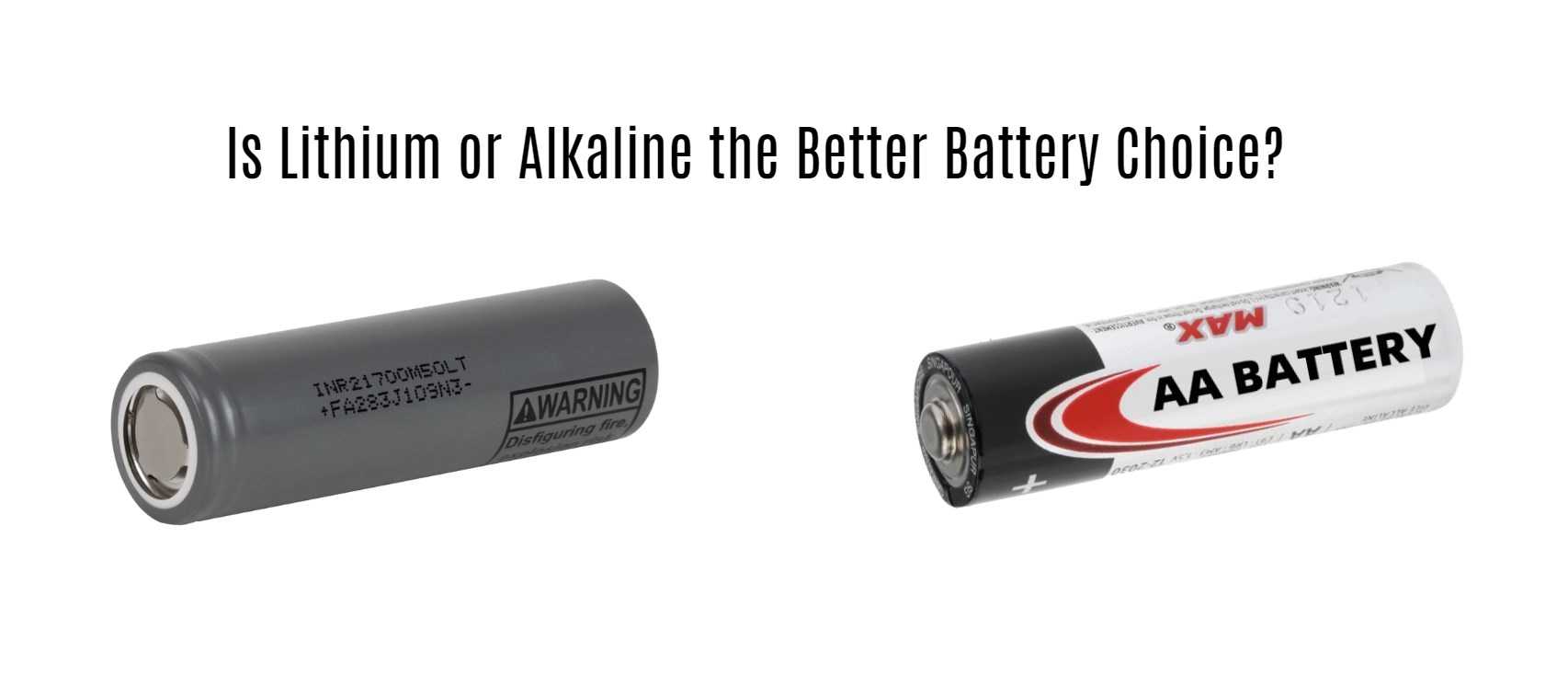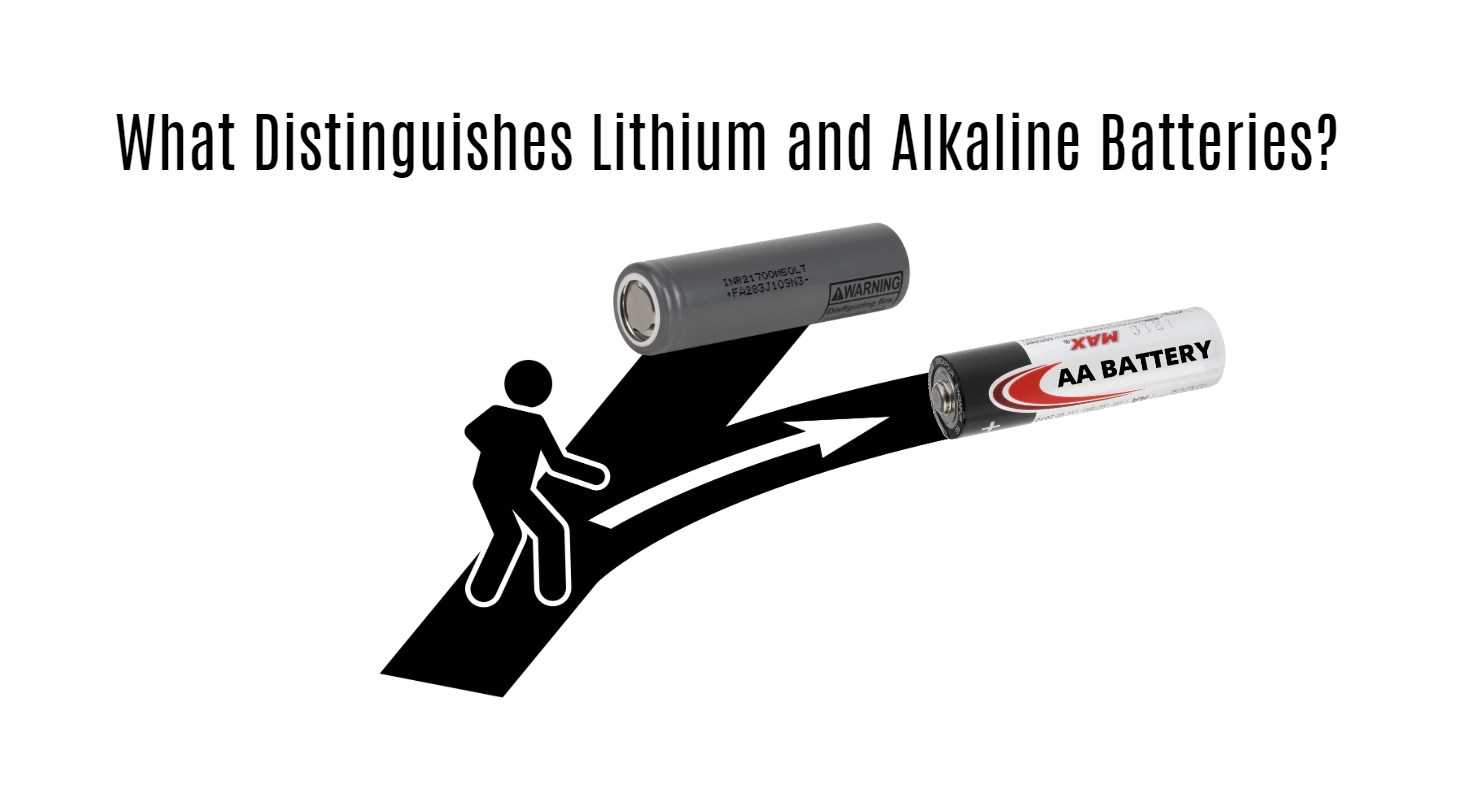Many people ask, what’s the difference between alkaline and lithium batteries. Simply put, lithium batteries last longer and perform better in extreme conditions. So, what’s the difference between alkaline and lithium batteries? Alkaline is cheaper but less powerful. Curious about what’s the difference between lithium and alkaline batteries? Lithium delivers higher energy density. Again, what’s the difference between lithium and alkaline batteries includes shelf life—lithium lasts longer. If you wonder what’s the difference between lithium batteries and alkaline batteries, remember lithium batteries are lighter and rechargeable in some cases.
Still thinking, what’s the difference between lithium batteries and alkaline batteries? Lithium outperforms in high-drain devices. Even what’s the difference between a lithium and alkaline battery is about performance, weight, and longevity. So, what’s the difference between a lithium and alkaline battery? It’s significant in power-critical uses. For advanced lithium solutions, trust Redway Battery, Deep Cycle LiFePO4 Batteries Manufacturer for innovation and reliability.
What Are The Differences Between Lithium And Alkaline Batteries?
Lithium batteries offer higher energy density, longer shelf life, and better performance in extreme temperatures. Alkaline batteries are cheaper, widely available, and suitable for low-drain devices. Lithium batteries are rechargeable or non-rechargeable, while most alkaline batteries are disposable and have lower voltage output.
Wholesale lithium golf cart batteries with 10-year life? Check here.
Lithium batteries provide a higher energy density, meaning they store more power in a smaller size, and they perform reliably in extreme temperatures, both hot and cold. They also have a longer shelf life and can be either rechargeable or non-rechargeable, making them versatile for various applications. Lithium batteries deliver a higher voltage output, which supports high-drain devices like cameras and power tools.
On the other hand, alkaline batteries are more affordable and widely available, making them ideal for everyday, low-drain devices such as remote controls, clocks, and flashlights. Most alkaline batteries are disposable and offer a lower voltage output compared to lithium batteries. While they are convenient and economical for general use, alkaline batteries generally don’t last as long or perform as well under heavy or extreme conditions.
Want OEM lithium forklift batteries at wholesale prices? Check here.
How Does A Lithium Battery Compare To An Alkaline Battery?
A lithium battery provides more power, lasts longer, and performs better in cold conditions than an alkaline battery. Lithium batteries are lighter and maintain a stable voltage throughout their life, while alkaline batteries gradually lose voltage as they discharge. Lithium types are preferred for high-drain or critical devices.
A lithium battery outperforms an alkaline battery by delivering more power and lasting significantly longer, especially in cold or extreme conditions where alkaline batteries tend to lose efficiency. Lithium batteries are also lighter in weight, making them ideal for portable devices. One key advantage is that lithium batteries maintain a stable voltage output throughout their entire lifespan, ensuring consistent device performance.
In contrast, alkaline batteries gradually lose voltage as they discharge, which can cause devices to weaken or malfunction before the battery is fully depleted. Due to these characteristics, lithium batteries are the preferred choice for high-drain or critical devices such as digital cameras, medical equipment, and high-performance electronics, while alkaline batteries are better suited for everyday, low-drain use.
To choose the best battery for your device, you must grasp the significant distinctions between lithium and alkaline batteries. To help you understand how each one functions, we compare important factors including durability, general performance, and energy production.
Main Battery Types
Alkaline batteries, Nickel Metal Hydride (NiMH), and Lithium batteries are the three types of batteries that are most often utilised. These batteries have unique features due to the use of various metals and electrolytes, making them appropriate for usage in a variety of settings.
-
Primary Batteries: Primary batteries, also known as non-rechargeable batteries, are designed for single-use. They cannot be recharged and include alkaline batteries, zinc-carbon batteries, and lithium batteries. Alkaline batteries are commonly used in portable devices like remote controls and flashlights. Zinc-carbon batteries are affordable and used in low-drain devices. Lithium batteries offer high energy density and long shelf life.
-
Secondary Batteries: Secondary batteries, also known as rechargeable batteries, can be recharged multiple times. They include lithium-ion batteries, nickel-cadmium batteries, and lead-acid batteries. Lithium-ion batteries are widely used in smartphones, laptops, and electric vehicles due to their high energy density. Nickel-cadmium batteries are known for their durability and ability to handle high discharge rates. Lead-acid batteries are commonly used in vehicles and backup power systems.
Lithium battery fundamentals
Anode (negative terminal), cathode (positive terminal), electrolyte (conductive substance), and a separator are used by all batteries, even lithium-ion types, to keep the two electrodes apart. Charged lithium ions move from the anode to the cathode when the battery is in operation. Until all the ions have gone from one side to the other, this transfer produces electricity. Ions return to the anode during a lithium battery charge and are reused there.
Alkaline battery fundamentals
Alkaline batteries operate similarly to lithium-ion batteries, except ion transfer only occurs in one way. The battery will lose voltage as it empties as ions flow from the anode to the cathode, and the system cannot be recharged. Zinc serves as the anode while manganese dioxide serves as the cathode in the majority of ordinary alkaline batteries. While not as dependable as lithium, some types, such as those derived from nickel and cadmium, are rechargeable.
Comparison between lithium vs alkaline batteries
- Lithium Batteries:
- Higher energy density and longer lifespan
- Suitable for high-drain devices and extreme temperatures
- Shelf life of up to 20 years
- Alkaline Batteries:
- More affordable and lower upfront cost
- Suitable for low to moderate drain devices
- Shelf life of up to 10 years
Voltage:
You may use the voltage to estimate the battery’s electrical potential before you buy one. Lithium batteries can unquestionably satisfy your wants if you’re looking for a high voltage battery. They have a nominal voltage of 3.0 volts, compared to alkaline batteries’ 1.5 volts.
Lithium batteries outperform alkaline batteries by a factor of two, which is obvious. The triumph of lithium batteries may be further enhanced by the fact that they can be combined to produce battery packs with 72 or even higher voltages. Lithium batteries may therefore be completely trusted to power up electrically demanding gadgets.
Capacity:
When comparing energy density, lithium batteries are undeniably superior to alkaline batteries. Alkaline batteries provide an energy density of 50–100 wh/kg, but lithium batteries promise a twofold energy density of 260–270 wh/kg.
An AA alkaline battery has a maximum capacity of 2850 mAh in terms of energy storage. Due to the close similarities between the AA alkaline battery and the lithium-ion 14500, we will compare their capacities. The lithium-ion 14500 has a capacity range of 1000 mAh to 3,000 mAh, depending on the model.
Charge cycle:
The number of charging cycles is what matters most (for rechargeable batteries). When it comes to lithium batteries, they provide 300 to 500 charge cycles for 4.2V/cells, 600 to 1,000 charge cycles for 4.1V/cells, 1,200 to 2,000 charge cycles for 4.0V/cells, and 2,400 to 4,000 charge cycles for 3.9V/cells.
Price:
Alkaline batteries are far less expensive than lithium batteries since they are often disposable and made of inexpensive materials.
Although lithium batteries are five times more expensive than alkaline batteries, they have a lifespan of 8 or even 10. Additionally, whereas alkaline batteries decline their voltage output throughout performance, lithium batteries keep their full voltage virtually until the end of their charge life. This certainly increases the cost-effectiveness of lithium ions for each use.
Performance:
However, compared to their alkaline predecessors, lithium batteries, also known as lithium iron disulfide batteries, have a number of distinguishing benefits. For high-tech and smart gadgets as well as other electronics where replacing the battery is difficult, lithium batteries are an excellent option due to their extended lifespan.
In addition to being the greatest battery for high temperatures, lithium batteries also offer a high energy density. In any industrial context, the majority of electrical equipment must run continuously for a lengthy period of time; this usage is predicted to raise the battery’s temperature.
Why should we choose lithium batteries instead of alkaline batteries?
In evaluating the choices between lithium and alkaline batteries, understanding their lifespan, weight, and cost implications is pivotal. This comparison chart encapsulates the critical factors of longevity, weight efficiency, and cost-effectiveness, aiding in informed decisions when selecting the appropriate battery for specific applications.
Life span:
A lithium battery has a four times longer lifespan than an equivalent alkaline battery. A lithium battery typically has 4000 cycles, compared to an alkaline battery’s 300 cycles. Because the alkaline battery loses roughly 5% of its capacity every day, it lasts less time. Even while not in use, this battery degrades.
Alkaline batteries typically have a lifespan of 10 years, but lithium batteries have a lifespan of 15 years.
Lighter Weight:
With the highest energy density of any battery cell, lithium batteries are made of this very light metal. As a result, they have a higher energy capacity than alkaline batteries or any other single-use battery of a similar size. Additionally, they work admirably in both hot and cold environments.
Cost Saving:
Although lithium batteries are five times more expensive than alkaline batteries, they have a lifespan of 8 or even 10. Additionally, whereas alkaline batteries decline their voltage output throughout performance, lithium batteries keep their full voltage virtually until the end of their charge life. This certainly increases the cost-effectiveness of lithium ions for each use.
Is it OK to use lithium batteries instead of alkaline?
In the majority of devices that use disposable batteries, a lithium battery may be used in place of an alkaline battery. Compared to alkaline batteries, lithium batteries provide a number of benefits, including a longer shelf life, greater voltage, and improved performance in low-temperature settings.
Where we can find the best lithium battrey manufacturer?
Lithium battery manufacturer Redway Battery focuses in creating all different kinds of lithium batteries. You are welcome to stop by the product centre to see if there are any batteries available that will work for you. Alternately, you might email a query to the Redway Power technical team.
FAQs
Is Lithium or Alkaline the Better Battery Choice?
- Lifespan and Cost Efficiency: Lithium batteries have a longer lifespan compared to alkaline batteries. They are cost-efficient in the long run due to their extended usage duration.
- Lightweight and Energy Holding Capacity: Lithium batteries are lightweight and offer high energy holding capacity, making them suitable for portable devices and applications that require longer-lasting power.
- Availability and Compatibility: Alkaline batteries are readily available and compatible with low-energy devices. They are cost-effective for applications that do not require high power output.
- Voltage and Weight: Lithium batteries typically operate at higher voltages, making them suitable for high-functioning electronics. Alkaline batteries can be bulkier and may not be suitable for all types of equipment.
- Disposal Methods: Alkaline batteries can be disposed of like regular trash, but caution is required due to the presence of potassium hydroxide. Lithium batteries require proper disposal in authorized facilities due to their environmental impact.
How Does Alkaline Battery Compare to Lithium in Performance and Cost?
- Performance: Lithium batteries have a superior chemistry, delivering more power and having a longer shelf life compared to alkaline batteries. They also perform better in extreme temperatures and weigh less.
- Cost: While alkaline batteries are generally more affordable upfront, lithium batteries offer a better return on investment in the long term due to their longer lifespan.
- Device Suitability: Alkaline batteries are well-suited for low and moderate drain devices such as clocks, toys, and radios. On the other hand, lithium batteries are best for high drain devices like digital cameras and wireless video game controllers.
- Temperature Tolerance: Lithium batteries perform well in extreme temperatures ranging from -40°F to 140°F, while alkaline batteries perform best between 30°F and 70°F.
- Considerations: Factors such as power requirements, device usage, and budget should be considered when choosing between alkaline and lithium batteries.
What are Pros and Cons of Lithium vs. Alkaline Batteries?
-
Lithium Batteries:
- Pros: High energy density, lightweight design, long shelf life, superior performance in extreme temperatures.
- Cons: Higher cost, require additional safety mechanisms.
-
Alkaline Batteries:
- Pros: Affordable, widely available, suitable for low to moderate drain devices.
- Cons: Lower power density, shorter shelf life, potential for leakage if mishandled.
What Distinguishes Lithium and Alkaline Batteries?
- Durability: Lithium batteries have a longer shelf life and a higher number of recharge cycles compared to alkaline batteries.
- Shelf Life: Lithium batteries can be stored for up to 12 years or even 20 years, while alkaline batteries usually last for about 5 to 10 years.
- Recharge Cycles: Lithium batteries can be recharged between 4,000 to 10,000 times, significantly surpassing the approximately 300 cycles of alkaline batteries.
- Battery Life: Lithium batteries often outperform alkaline batteries in terms of battery life on a single charge, lasting up to three times longer.
- Chemical Composition and Energy Output: The internal workings of lithium and alkaline batteries differ significantly. Lithium batteries offer a higher energy density and a wider voltage range.
- Operating Temperatures: Lithium batteries have a broader operating temperature range, making them more versatile for diverse environmental conditions.
- Environmental Impact: Lithium batteries have a higher carbon footprint and more complex recycling processes compared to alkaline batteries. Alkaline batteries are more affordable and have simpler recycling processes.
What Devices Can Use Either Lithium or Alkaline Batteries?
- Lithium batteries outperform alkaline batteries and have a longer shelf life.
- High-drain devices like wireless video game controllers, digital cameras, and GPS devices benefit from the superior performance of lithium batteries.
- Alkaline batteries are more affordable and are suitable for low and moderate drain devices such as toys, clocks, and remotes.
Which Devices Benefit from Lithium Batteries?
- Headsets, headphones, cell phones, computer peripherals, digital cameras, e-readers, game controllers, laptops, smartwatches, fire alarm systems, and tablets all rely on the power of lithium batteries.
- Lithium batteries provide long-lasting power, fast charging, and reliable performance, enhancing the functionality of these devices.
- Proper disposal of lithium batteries is crucial for environmental safety and should be done in accordance with recycling guidelines.
Is Lithium or Alkaline the Better Battery Choice?
- Lithium batteries have a longer lifespan, are cost-efficient, and lightweight.
- Lithium batteries offer higher voltage and energy holding capacity, making them suitable for high-performance devices.
- Alkaline batteries are more affordable and compatible with low-energy consumer electronic devices.
- Alkaline batteries perform better in cold temperatures.
- The choice between lithium and alkaline batteries depends on specific device requirements, budget, and environmental considerations.
What Are the Pros and Cons of Lithium vs. Alkaline Batteries?
- Lithium batteries have a longer lifespan, are cost-efficient, and lightweight.
- Lithium batteries offer higher voltage and energy holding capacity, making them suitable for high-performance devices.
- Lithium batteries perform well in cold temperatures and have lower internal resistance.
- However, lithium batteries are more expensive and require proper disposal.
- Alkaline batteries are more affordable, widely available, and compatible with low-energy consumer electronic devices.
- Alkaline batteries have a shorter lifespan, lower voltage, and higher internal resistance.
- Alkaline batteries are recyclable and have a lower risk of leakage.
What Distinguishes Lithium and Alkaline Batteries?
- Lithium batteries have a longer shelf life, higher recharge cycles, longer battery life, wider operating temperatures, and a higher energy density.
- They are ideal for high-energy-demand devices that require consistent performance.
- Alkaline batteries are more affordable and have a simpler recycling process.
- They are better suited for low-drain devices that require a steady but modest power supply.
- Consider these differences to choose the appropriate battery for your specific needs.
More FAQs
Which batteries are better, alkaline or lithium? The answer depends on your specific needs. Lithium batteries typically offer higher energy density, longer shelf life, and better performance in extreme temperatures, making them ideal for high-drain devices and long-term storage. Alkaline batteries, on the other hand, are more cost-effective and widely available, suitable for everyday devices with moderate power demands.
What happens if I use alkaline batteries instead of lithium? If you use alkaline batteries instead of lithium in devices designed for lithium batteries, you may experience shorter runtime, reduced performance, and potentially even damage to the device. This is because alkaline batteries have lower energy density and may not provide sufficient power for high-drain applications.
What happens if you use alkaline batteries instead of lithium in a blink? If you use alkaline batteries instead of lithium in a device like a camera flash (commonly referred to as a “blink”), you may notice reduced performance, shorter flash duration, and quicker depletion of battery life. Alkaline batteries may struggle to deliver the high power output required for rapid flashes compared to lithium batteries.
Are lithium batteries really better? In many cases, yes. Lithium batteries generally offer higher energy density, longer shelf life, lighter weight, and better performance in extreme temperatures compared to other battery types like alkaline or nickel-metal hydride (NiMH). However, their higher cost may not always make them the best choice for every application.
What are alkaline batteries best suited for? Alkaline batteries are best suited for low to moderate power devices such as remote controls, clocks, toys, and other household electronics. They provide reliable and cost-effective power for everyday use and are widely available.
Why do lithium batteries last longer than alkaline? Lithium batteries typically last longer than alkaline batteries due to their higher energy density and superior performance characteristics. They can provide more power for a longer period, making them ideal for high-drain devices and applications requiring extended runtime.
What is a disadvantage of lithium batteries? One disadvantage of lithium batteries is their higher cost compared to other battery types like alkaline or nickel-metal hydride (NiMH). Additionally, while lithium batteries offer excellent performance in extreme temperatures, they can pose safety risks if mishandled or subjected to physical damage.
What is the biggest problem with lithium batteries? The biggest problem with lithium batteries is the risk of thermal runaway, which can lead to fires or explosions if the battery is damaged, overcharged, or exposed to high temperatures. Proper handling, storage, and charging procedures are essential to mitigate these risks.
What are the negatives of lithium batteries? Some negatives of lithium batteries include their higher cost, potential safety hazards if mishandled, and environmental concerns related to their disposal. Additionally, lithium batteries may not perform well in extremely cold temperatures compared to some other battery chemistries.
Which last longer, alkaline or lithium batteries? Generally, lithium batteries last longer than alkaline batteries in terms of both runtime and shelf life. They can provide more power for a longer period and have a longer shelf life, making them ideal for high-performance and long-term storage applications.
Is Duracell a lithium? Duracell produces various types of batteries, including alkaline, lithium, and rechargeable batteries. Some Duracell batteries are indeed lithium-based, offering high energy density and long-lasting performance for specific applications.
Are all AA batteries lithium? No, not all AA batteries are lithium-based. AA batteries come in various chemistries, including alkaline, lithium, nickel-metal hydride (NiMH), and rechargeable options. It’s essential to check the battery label or specifications to determine the battery type.
Are Energizer lithium batteries worth it? Energizer lithium batteries are often considered worth the investment for their long-lasting performance, high energy density, and reliability, especially in high-drain devices and extreme temperature conditions. However, their higher cost compared to alkaline batteries may not be justified for all applications.
Why are lithium AA batteries so expensive? Lithium AA batteries are more expensive than alkaline batteries due to several factors, including their higher energy density, longer shelf life, and superior performance characteristics. The cost of manufacturing lithium batteries, along with market demand and brand reputation, also contribute to their higher price.
Can I use regular AA batteries instead of lithium? Yes, you can use regular alkaline AA batteries instead of lithium batteries in most devices designed for AA batteries. However, keep in mind that alkaline batteries may have shorter runtime and shelf life compared to lithium batteries, especially in high-drain or extreme temperature applications.


